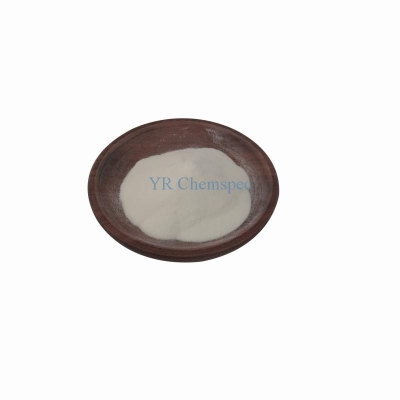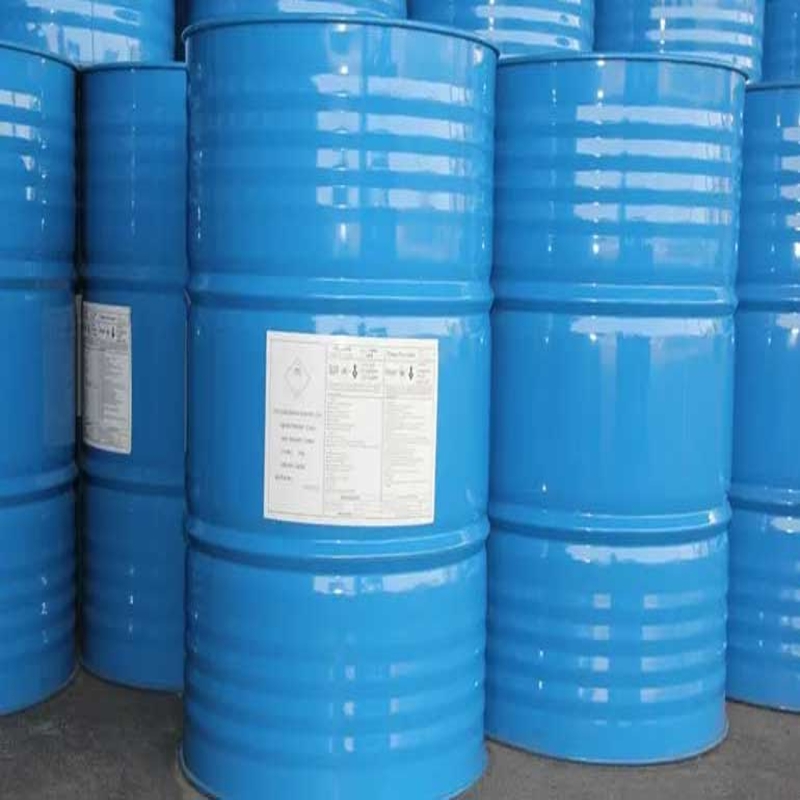-
Categories
-
Pharmaceutical Intermediates
-
Active Pharmaceutical Ingredients
-
Food Additives
- Industrial Coatings
- Agrochemicals
- Dyes and Pigments
- Surfactant
- Flavors and Fragrances
- Chemical Reagents
- Catalyst and Auxiliary
- Natural Products
- Inorganic Chemistry
-
Organic Chemistry
-
Biochemical Engineering
- Analytical Chemistry
-
Cosmetic Ingredient
- Water Treatment Chemical
-
Pharmaceutical Intermediates
Promotion
ECHEMI Mall
Wholesale
Weekly Price
Exhibition
News
-
Trade Service
Carbonylation is one of the most important types of reactions in the chemical industry and refers to the introduction of a carbonyl group into
an organic compound.
For more than 60 years, the scientific and industrial communities have been looking for a practical and effective way to implement this process
.
Recently, the Evonik research team has made a breakthrough in the field of adipic acid carbonylation
.
A research team led by Dr.
Matthias Beller, Director of the Leibniz Institute for Catalysis, Rostock, Germany, and Dr.
Robert Franke of Evonik Performance Materials GmbH succeeded in dicarbonylation of the raw material 1,3-butadiene for the direct production of adipic acid lipids
。 Currently, adipates can only be synthesized through complex, multi-stage, energy-intensive and costly methods, using not only a variety of chemicals, but also releasing the greenhouse gas nitrogen oxides (NOx).
The new process developed by the project participants provides a more environmentally friendly and cost-effective synthesis of adipates, with significant
potential benefits.
The development of a novel palladium catalyst for specific phosphine ligands (HeMaRaPhos) is a key technology
for the project.
The ligand is combined with palladium to prepare a highly selective, efficient and long-life catalyst that can achieve a yield of adipic acid derivatives up to 95%
under industrial conditions.







